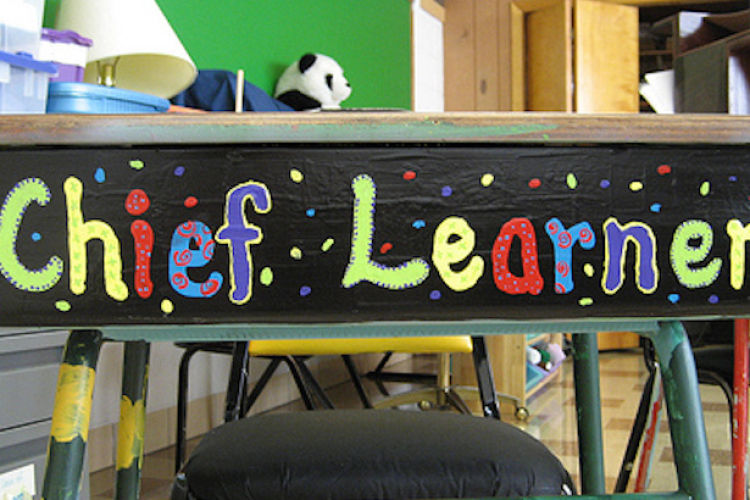Reflecting on Professional Practice

As teachers, we know the value that reflection has on learning. We often carefully construct our lessons to foster opportunities for students to think about what they’ve learned in the past and use that information to make connections to the subject currently being studied. Reflection allows students to be active agents in their own learning processes. As ASCD authors Costa and Kallick point out, reflection requires that we “act upon and process the information, synthesizing and evaluating the data. In the end, reflecting also means applying what we’ve learned to contexts beyond the original situations in which we learned something.”[1]
The same is true for us as teachers. We need the practice of reflection to help us continue to learn and grow in our craft. This is a skill that we should be practicing throughout the year as we evaluate how well our students are mastering the content, processes, and skills we teach. In addition to the routine reflections we engage in during the year, it is helpful for us to set aside some dedicated time to reflect, evaluate, and set goals for ourselves as teachers. The end of the school year is a great time to do this.
Here are some areas you might want to consider as you reflect on your professional practice this year:
- Subject/content matter: A principal friend of mine encourages his staff to sit down at the end of the year with their curriculum scope and sequence and annotate it. What was covered/skipped/adjusted/added? Where did the kids need more time to master a concept? What went well? What needed to be adjusted? What resources are needed for upcoming years? This annotated document becomes the starting point for you (or the next teacher to teach the class) at the beginning of next year.
- Pedagogy: What did you do well as a teacher? What learning activities really worked? Which ones flopped? How did you adjust throughout the year? What did you try that was new? How did it go? What areas would you like to improve for next year?
- Classroom Management: How did you start out your year? What adjustments did you need to make in order for your classroom to run smoothly? How would your students describe your classroom? Why? What areas would you like to work on next year?
- Transformational Discipleship: What evidence do you see that your students’ lives were transformed this year? How did you foster biblical understanding of the world? What did you learn from your students? What did you learn about God through your subject or discipline? Where did the Lord show up in your class this year? Where would you like to grow in this area?
- Time Management: What was your typical turn-around time on returning assignments, tests? How well were you able to set and keep healthy boundaries? Where do you need to establish or modify these boundaries? What can you put into place this summer to help you with that?
- Professional Development: What did you learn this year that has helped you grow as a teacher? Who has impacted your professional growth? Who have you invested in professionally? What would you like to focus on next year?
More Resources about Teacher Reflection:
20 Teacher End of the Year Reflection Questions—Mind in Bloom blog
TeachBeyond
Teacher Education Services
[1] Costa, Arthur L. & Bena Kallick. “Learning through Reflection.” Learning and Leading with Habits of Mind: 16 Essential Characteristics for Success. ASCD. 2008.
Photo Credits: Chief Learner. mrsdkrebs via Compfight cc



